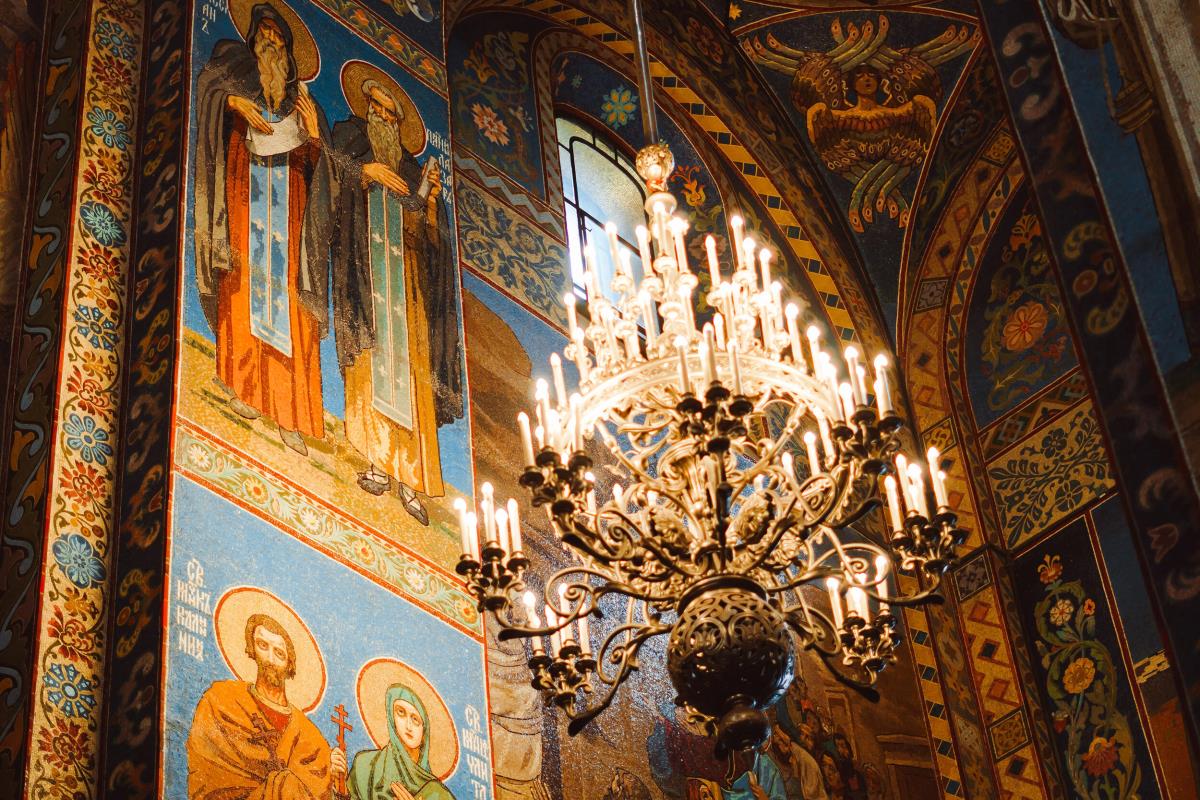On June 11, Orthodox Christians commemorate the day of Saint Theodosia of Tyre, a Christian martyr from the early 4th century. The story of the saint highlights her kindness and philanthropy, as well as her courage in facing torture and death for her faith in Christ. According to popular belief, certain customs are observed on this day, such as prohibitions on using ropes and washing clothes, as it is believed these actions could bring misfortune. This holiday symbolizes the strength of faith and love, as well as resilience in the face of suffering and injustice. Across various media, the topic is generally presented with respect to the saint and her virtues, with some sources also mentioning local customs and beliefs associated with the day.
Political Perspectives:
Left: Left-leaning sources tend to emphasize the humanitarian and compassionate aspects of Saint Theodosia’s story, highlighting themes of love, forgiveness, and resistance against oppression. They may also focus on the social and cultural significance of preserving traditional customs and the role of faith in community solidarity.
Center: Center-leaning sources report the event in a factual and respectful manner, focusing on the historical and religious significance of Saint Theodosia and the associated customs. They tend to present the story as part of cultural heritage without strong ideological framing.
Right: Right-leaning sources often emphasize the religious devotion and moral strength of Saint Theodosia, portraying her as a symbol of faith and national identity. They may stress the importance of maintaining religious traditions and values in the face of modern challenges.






















